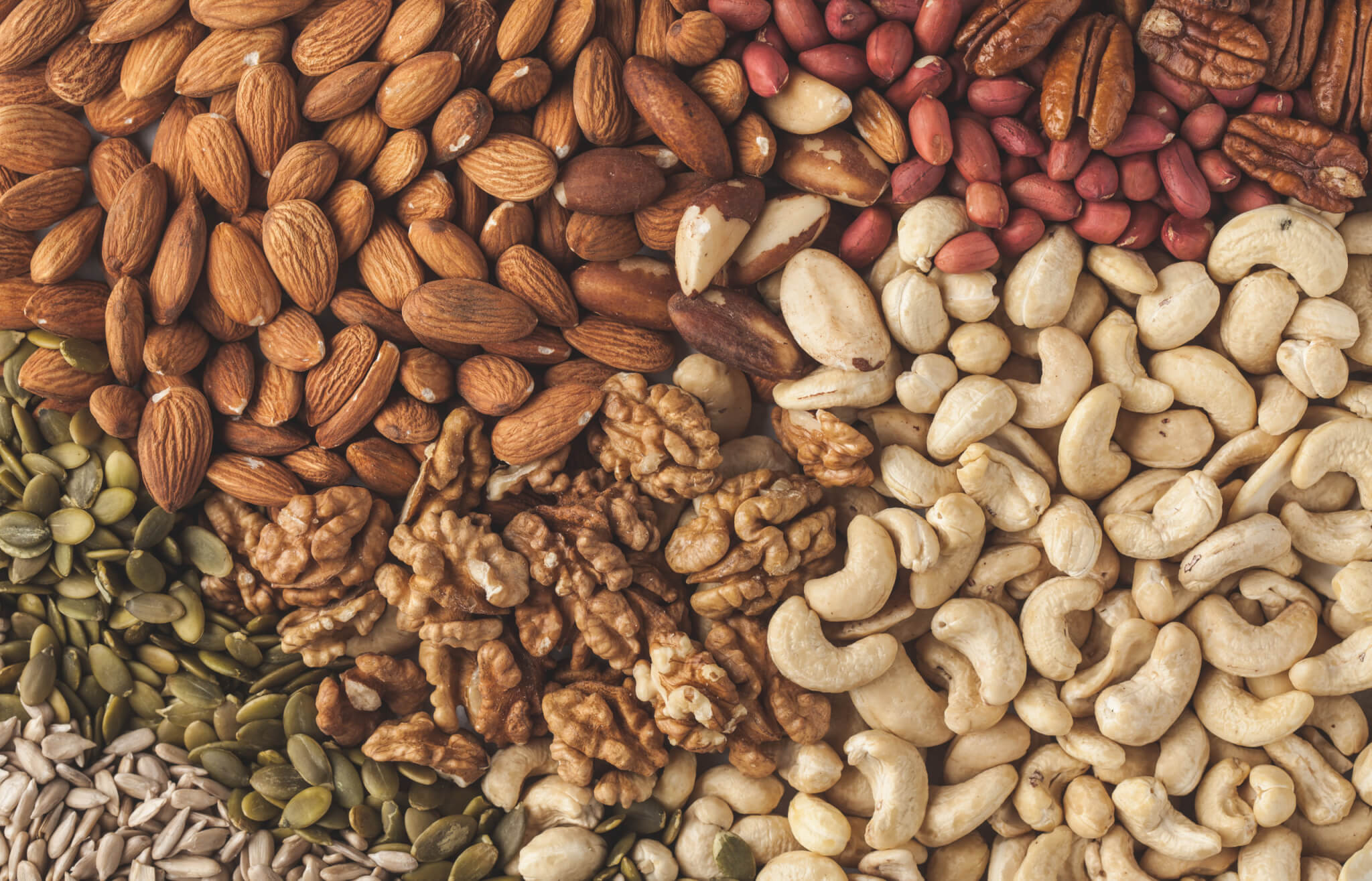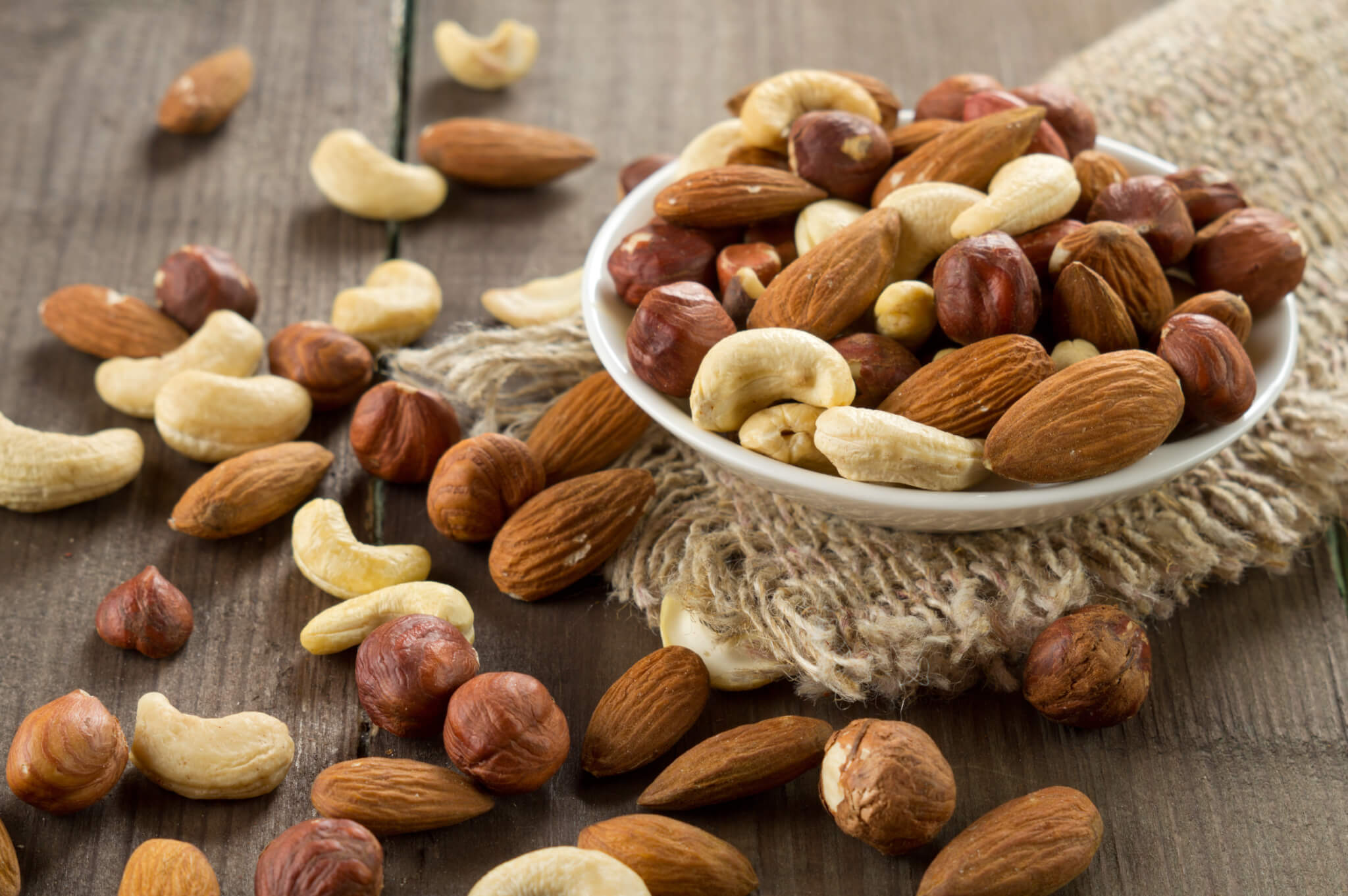💡 Key Findings:
- Nuts may be high in calories and fat, but don’t significantly contribute to weight gain
- Young adults snacking on nuts saw their risk for metabolic syndrome drop
- Over half of Americans don’t reach the recommended intake of nuts and seeds
NASHVILLE, Tenn. — A tree-shaking new study could change how people snack forever. Scientists have found that eating nuts doesn’t lead to weight gain as previously thought. A team from Vanderbilt University Medical Center found that more than half of Americans fall short of the recommended daily intake of nuts and seeds, which ranges from five to seven ounces per week. This shortfall is significant considering the potential health benefits tied to these nutrient-rich foods.
A notable barrier to this recommended intake is the widespread belief that many nuts, including pistachios, are high in both calories and fat — contributing to weight gain. However, this new research challenges such misconceptions, highlighting nuts as a beneficial part of a healthy diet.
The study specifically targeted millennial-aged adults, a demographic showing increasing rates of Metabolic Syndrome (MetSx) — a cluster of conditions that raise the risk for heart disease and diabetes. Participants between the ages of 22 and 36, all with at least one risk factor for MetSx, received snacks of mixed tree nuts, including pistachios, or carbohydrate-based snacks like pretzels or graham crackers, twice daily over 16 weeks.

Without any additional dietary restrictions or changes in lifestyle habits, results show the nut-consuming group saw significant health benefits. Women in the study experienced a 67-percent reduction in MetSx risk, while men saw a 42-percent decrease. Moreover, both genders maintained their body weight and energy intake throughout the study, with women showing reduced waist circumference and men exhibiting lowered blood insulin levels — both key indicators of improved metabolic health.
This study aligns with previous research suggesting that even high consumption of nuts, such as pistachios, does not lead to weight gain. It was also found that the body might absorb five percent fewer calories from nuts than previously estimated, providing a plausible explanation for the study’s outcomes. Participants consuming nuts also showed enhanced fat utilization for energy, contrasting with those snacking on carbohydrates.
“We specifically designed the study to be able to investigate the independent effects of eating tree nuts on body weight by ensuring that the number of calories the participants ate during the 16-week intervention period matched the amount of calories they expended each day, which is one of the overall strengths of the study design and results,” says Dr. Heidi J. Silver, of the Vanderbilt University Medical Center, in a media release.
“This carefully designed and well-controlled study shows that eating tree nuts, like pistachios, does not have to lead to weight gain and can be an important part of anyone’s self-health care routine in 2024.”

The findings not only counter the myth that eating too many nuts leads to weight gain but also underscore the role of nuts in promoting metabolic health. Beyond their healthy fat content, pistachios, for instance, are a complete protein source, providing essential nutrients such as fiber, vitamin B6, thiamin, phosphorus, and copper.
As this study sheds light on the nutritional value of tree nuts, it invites a reevaluation of dietary choices and encourages incorporating nuts into daily eating habits for their health benefits. It also calls for further research on the cardiometabolic responses to tree nuts across different population subgroups, aiming to broaden the understanding of their role in a healthy diet.
The study was funded by the International Tree Nut Council Nutrition Research & Education Foundation, and the findings are published in the journal Nutrients.

What about nuttbutters?